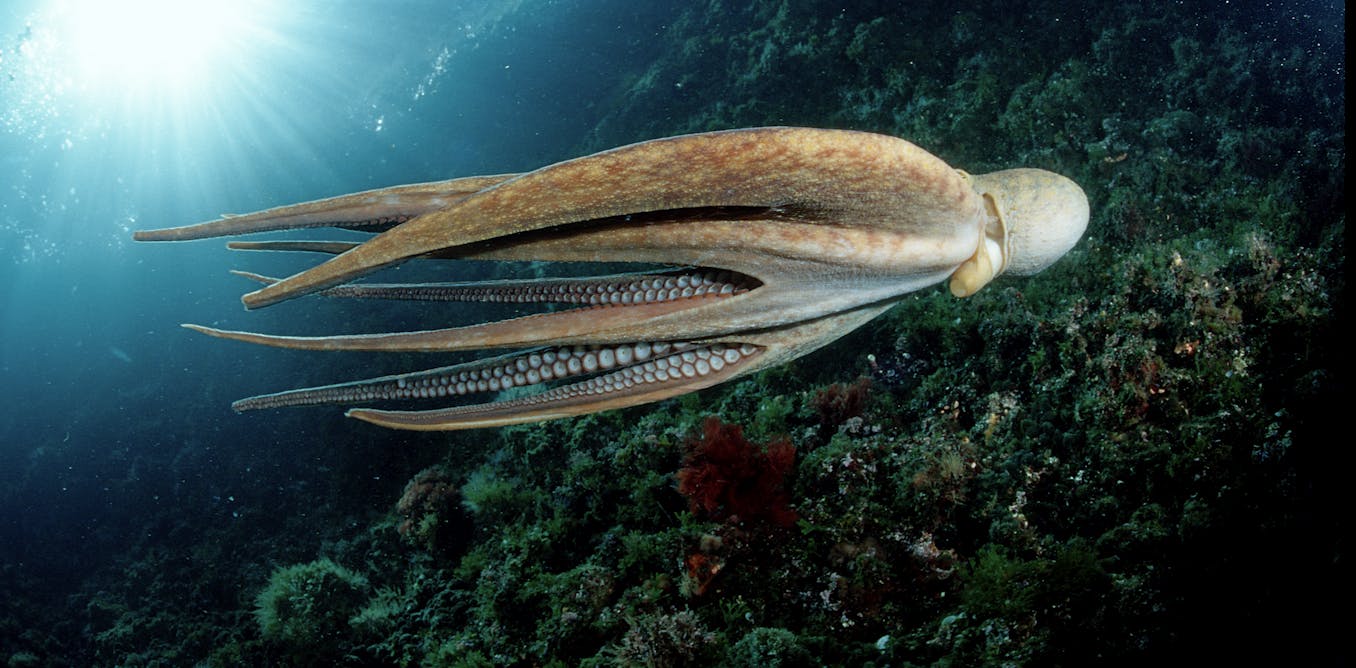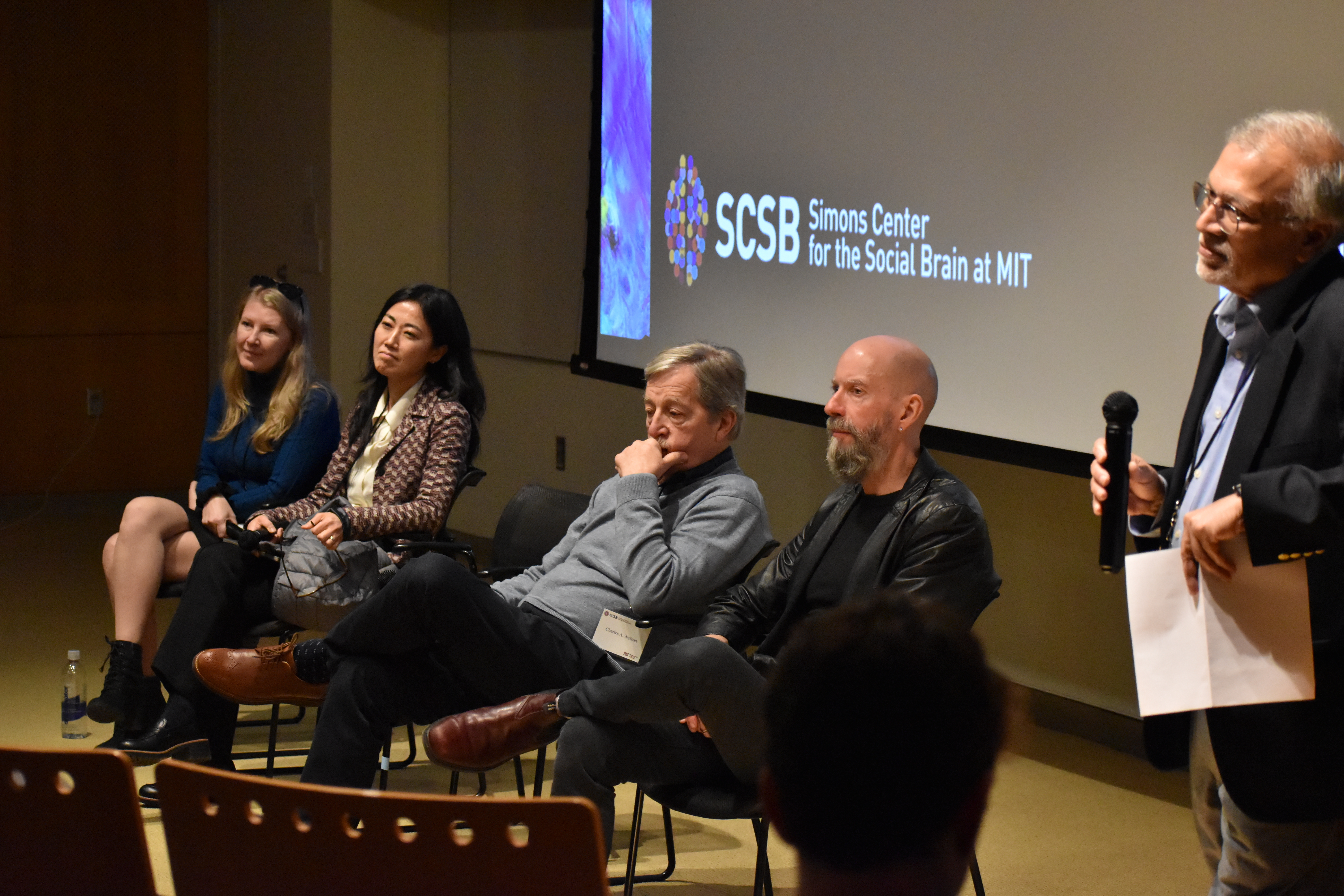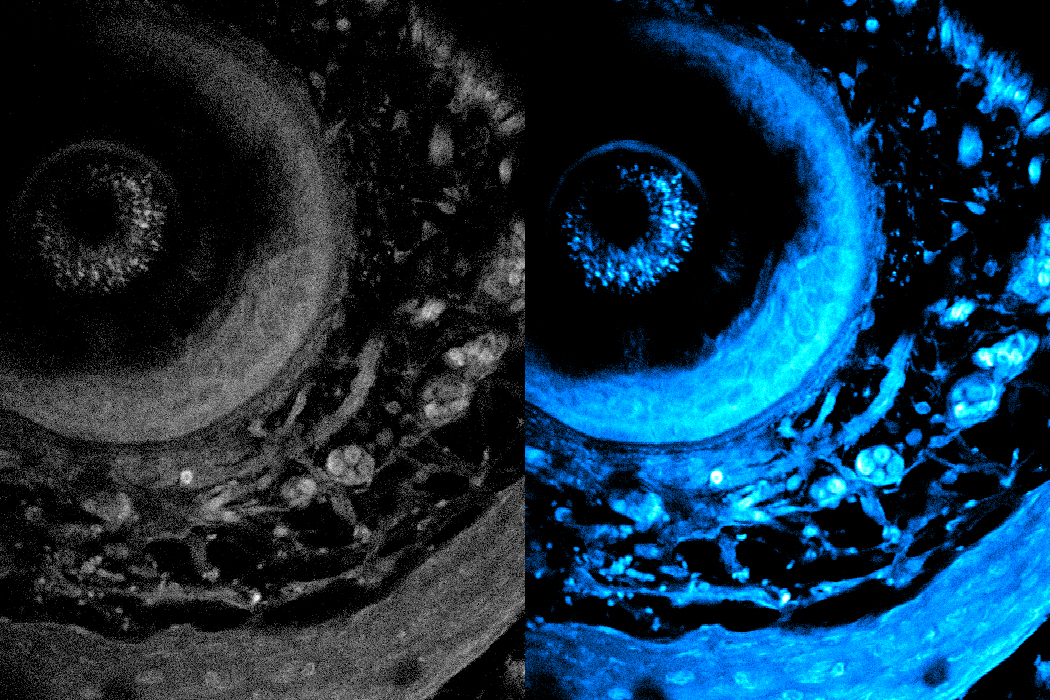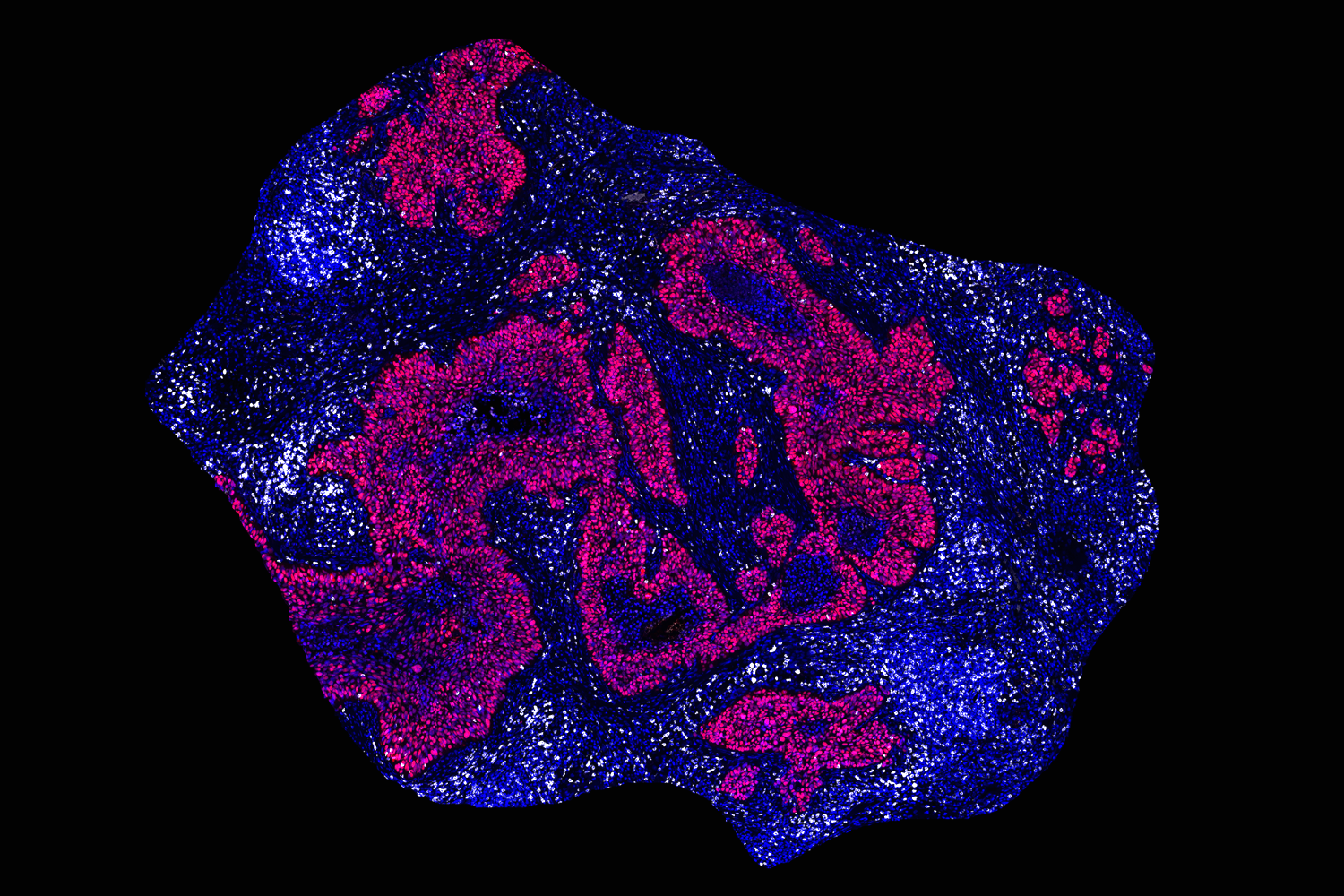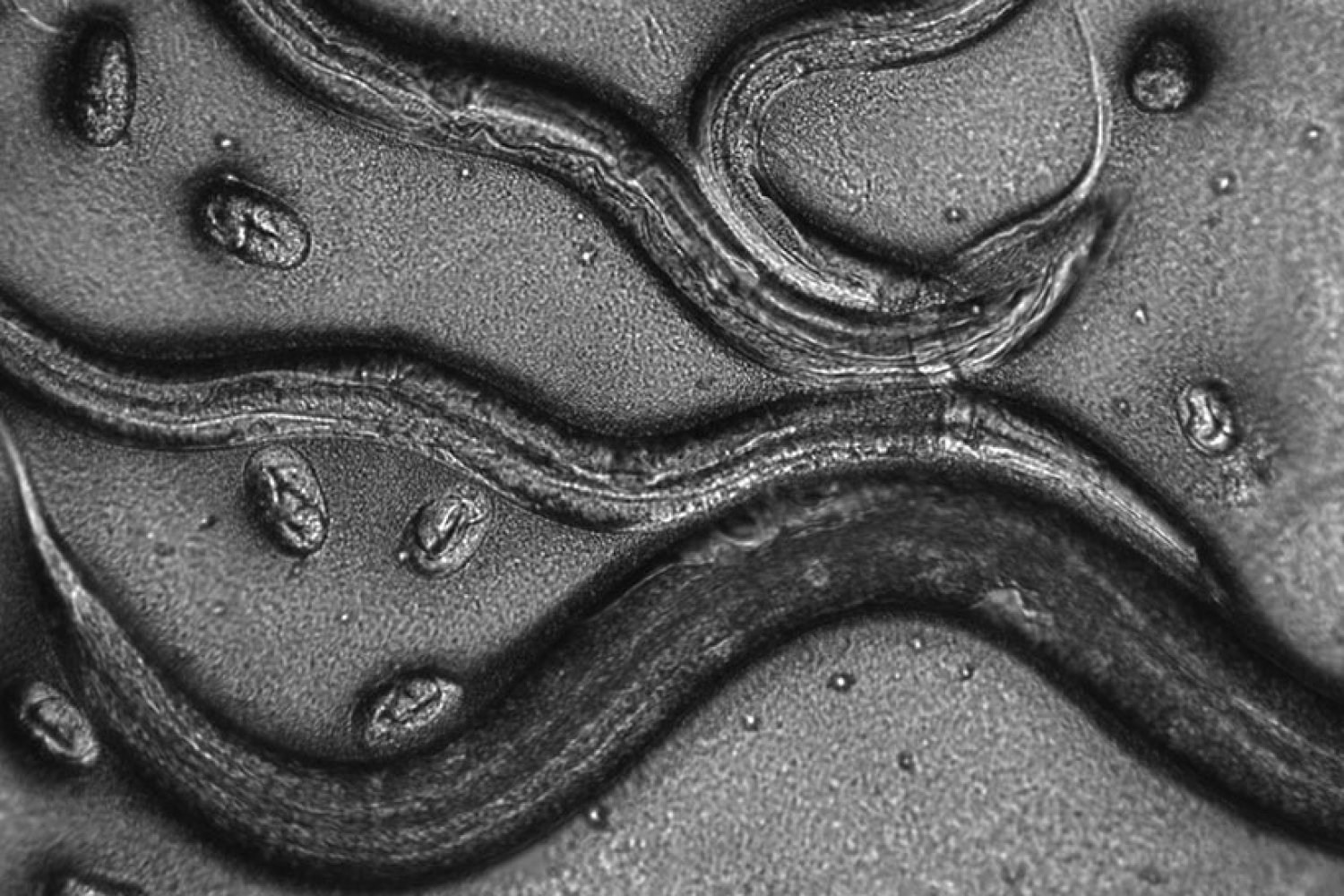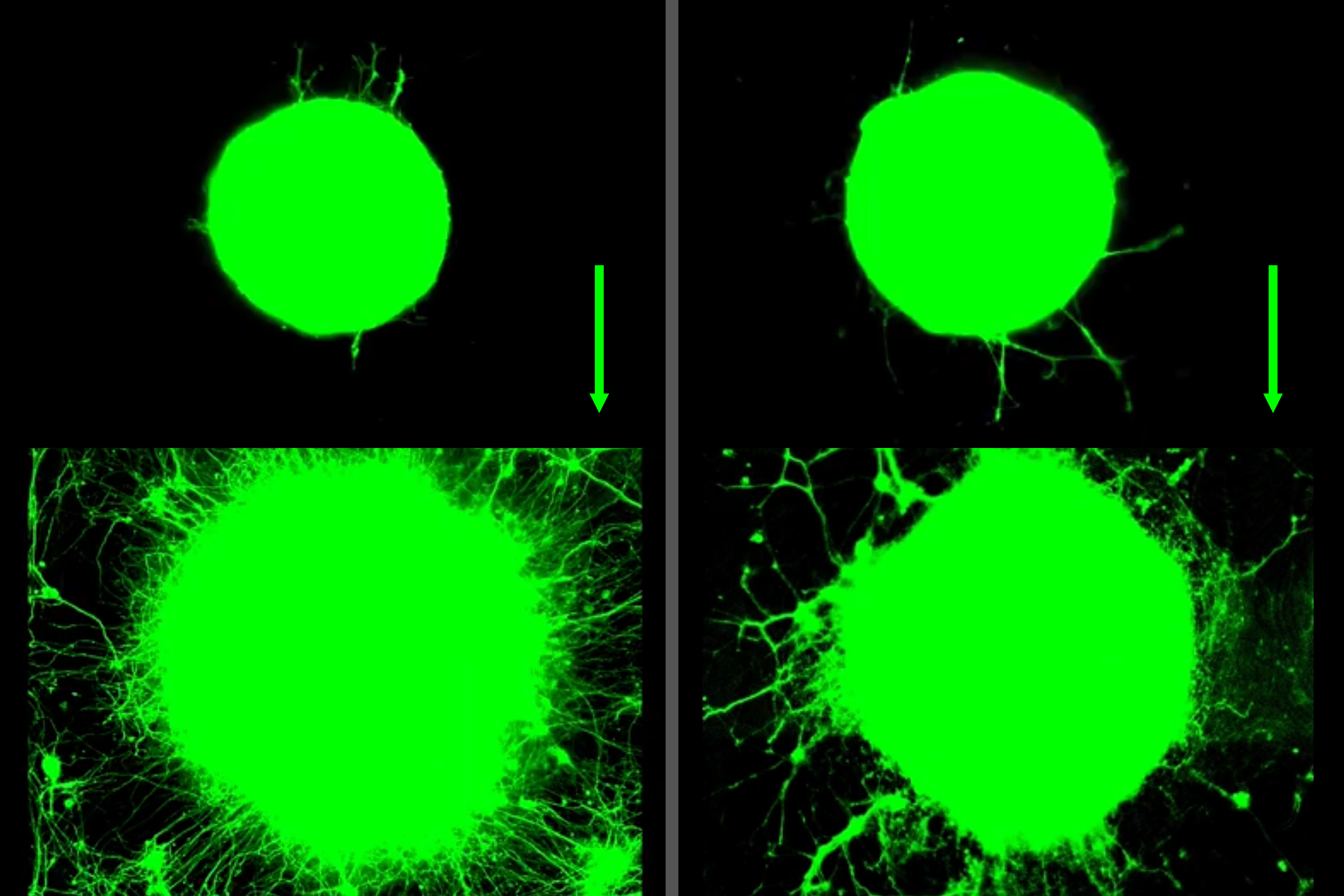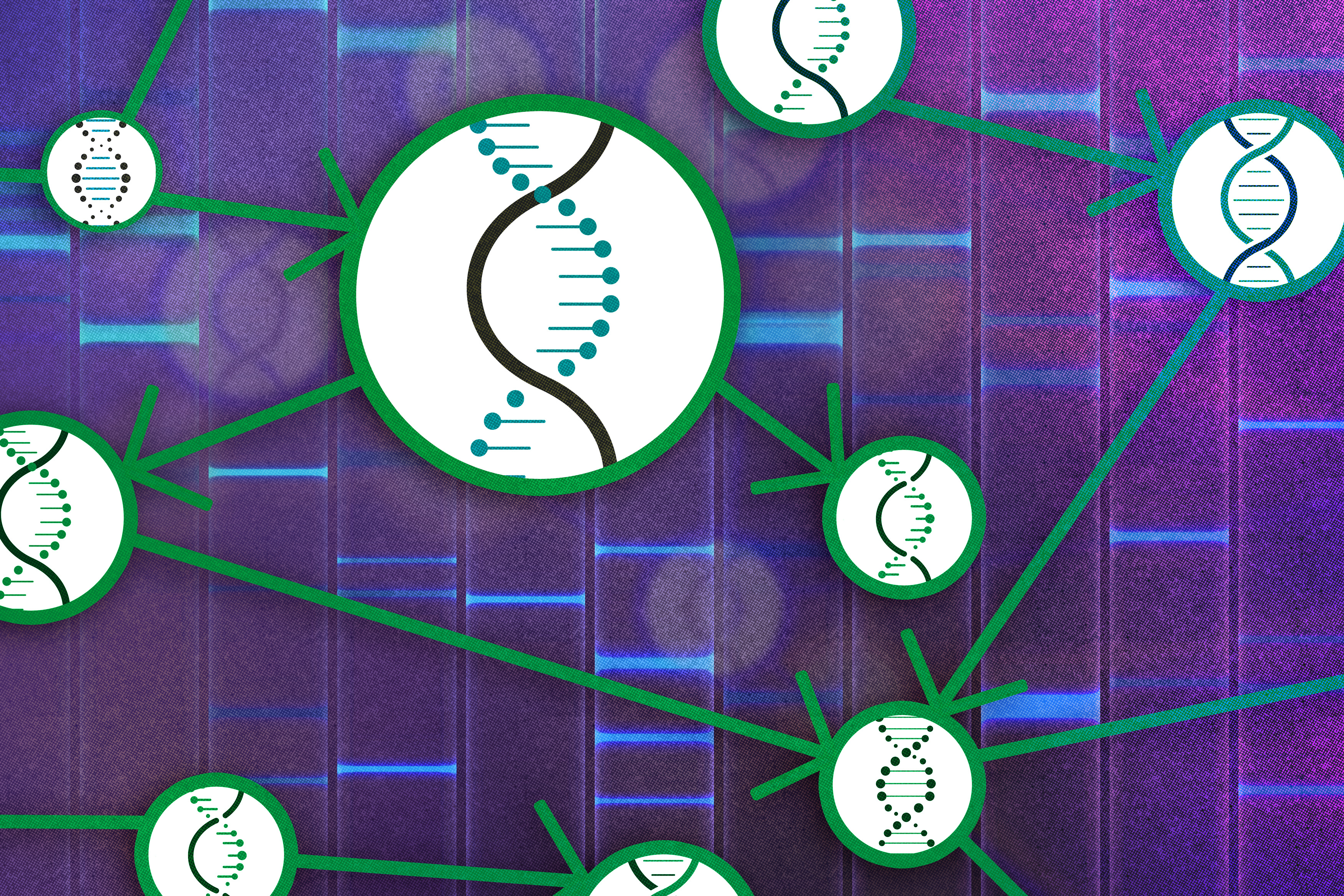Octopuses and their relatives are a new animal welfare frontier − here’s what scientists know about consciousness in these unique creatures
Animal welfare laws don’t protect invertebrates, but there’s evidence that some, such as octopuses, are as intelligent as many mammals – even if their cognition takes very different forms.
Dec. 20, 2024 • ~11 min

